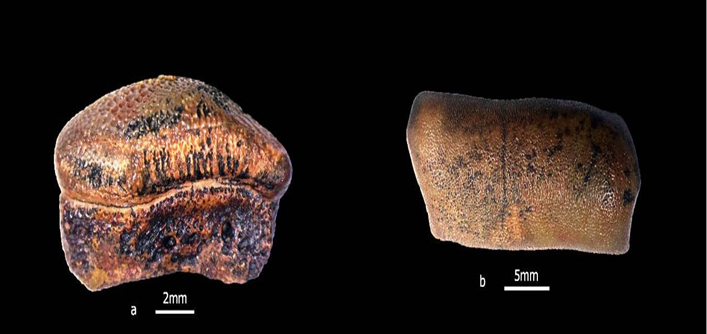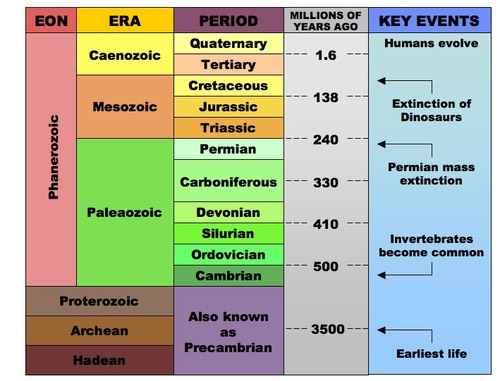Important Facts For Prelims
New Species of Hybodont Shark
- 21 Sep 2021
- 2 min read
Why in News
Recently, the Geological Survey of India (GSI) and the Indian Institute of Technology, Roorkee have discovered a new extinct species of hybodont shark from the Jaisalmer Basin of Rajasthan.
- GSI is a scientific agency under the Ministry of Mines, works as a repository of geo-science information required in various fields in the country.
Key Points
- Newly discovered species:
- The newly discovered crushing teeth from Jaisalmer represents a new species named by the research team as Strophodusjaisalmerensis.

- The genus Strophodus has been identified for the first time from the Indian subcontinent and is only the third such record from Asia, the other two being from Japan and Thailand.
- These sharks have been reported for the first time from the Jurassic rocks (approximately, between 160 and 168 million years old) of the Jaisalmer region of Rajasthan.
- The newly discovered crushing teeth from Jaisalmer represents a new species named by the research team as Strophodusjaisalmerensis.
- Hybodont Sharks:
- Hybodonts dominated both marine and freshwater environments during the Triassic and early Jurassic periods.
- However, hybodont sharks started to decline in marine environments from the Middle Jurassic onwards until they formed a relatively minor component of open-marine shark assemblages.
- They finally became extinct at the end of the Cretaceous time 65 million years ago.
- Significance of the fossil:
- It marks an important milestone in the study of Jurassic vertebrate fossils in the Jaisalmer region of Rajasthan, and it opens a new window for further research in the domain of vertebrate fossils.
- Geological Time Scale:







